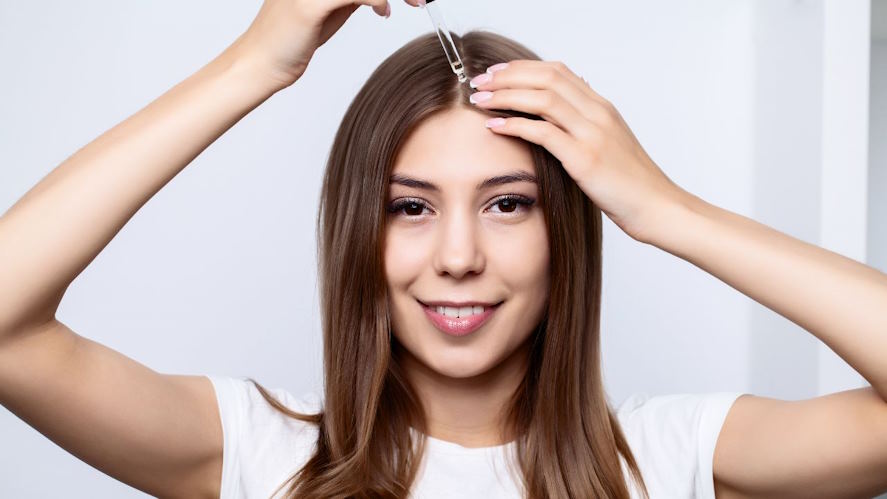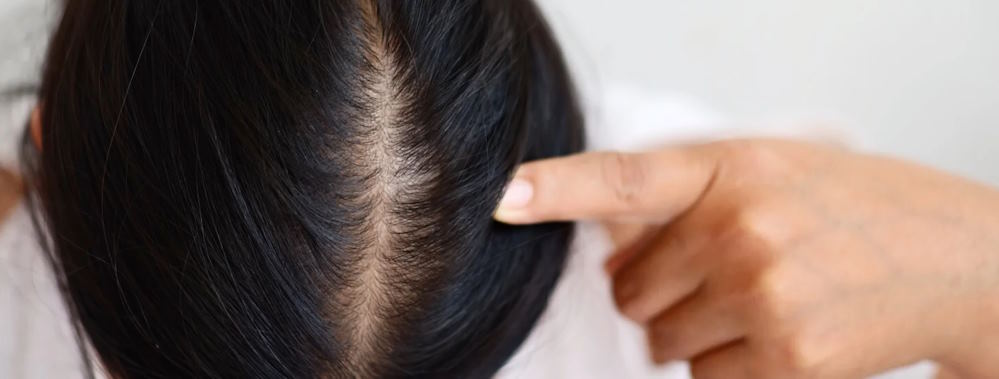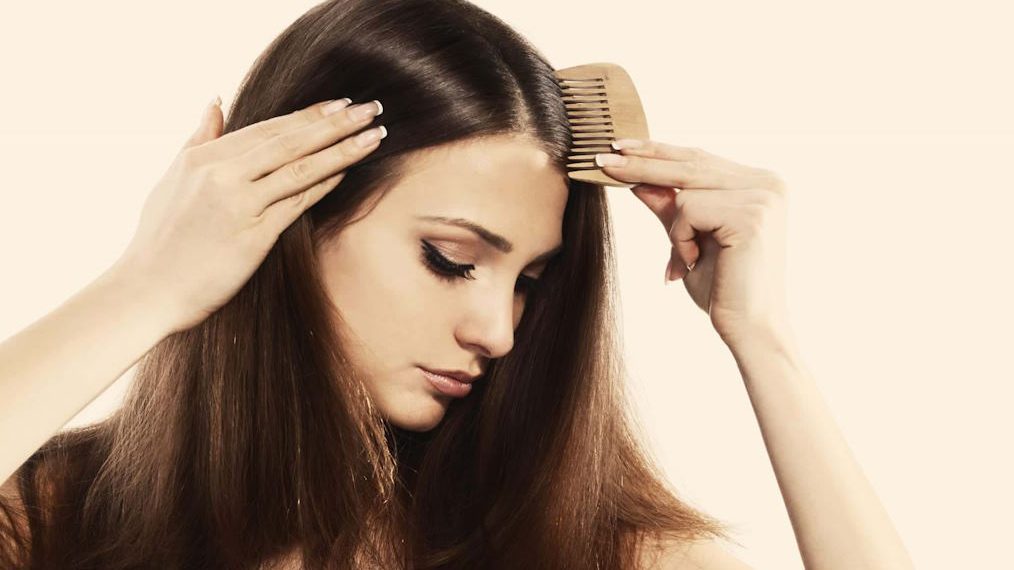Hair Growth Treatments That Actually Work for Women
Are you searching for the best women’s hair loss products that actually deliver on their promises? The quest for healthy, vibrant hair is a journey many women embark on, facing challenges from stress-induced shedding to genetic predispositions. Understanding the factors influencing hair growth is crucial for choosing effective solutions. From clinically-proven topical treatments like minoxidil to nutrient-rich supplements and advanced therapies such as platelet-rich plasma (PRP), we delve into the most promising options available. Whether you’re dealing with thinning hair or looking to enhance your natural growth, empowering yourself with knowledge about these remedies can be the first step towards revitalizing your hair health.
Effective Hair Growth Treatments
Topical Treatments: Boosting Growth Where It Counts
- Minoxidil (Rogaine): The Gold Standard
Imagine minoxidil as a wake-up call for your hair follicles. This topical treatment is FDA-approved and works by prolonging the growth phase of hair follicles, leading to thicker and longer hair over time. It’s available over-the-counter in various strengths, making it accessible for many women experiencing hair thinning. However, patience is key as results can take several months to become noticeable.
- Topical Hair Growth Serums: Nourishing Your Roots
Think of hair growth serums as superfood for your scalp. They often contain ingredients like biotin, caffeine, and saw palmetto, known for their hair-strengthening properties. These serums penetrate deep into the scalp, providing nutrients directly to the follicles and promoting healthier, more resilient hair growth. Look for serums backed by clinical studies and positive customer reviews for the best results.

Nutritional Supplements: Feeding Your Follicles from Within
- Biotin: The Beauty Vitamin
Biotin, also known as vitamin B7, is like fertilizer for your hair. It plays a crucial role in maintaining the health of your hair, skin, and nails. Incorporating biotin supplements into your daily routine can strengthen hair strands and reduce breakage. It’s often found in multivitamins or as a standalone supplement, but consult with your healthcare provider to determine the right dosage for you.
- Vitamins and Minerals: Building Blocks of Strong Hair
Picture vitamins and minerals as the building blocks of a sturdy house. Vitamins A, C, D, E, and essential minerals like zinc and iron are vital for hair growth and maintenance. These nutrients support the scalp’s health, regulate oil production, and enhance hair follicle function. Eating a balanced diet rich in fruits, vegetables, lean proteins, and whole grains can provide these nutrients naturally. However, supplements can be beneficial if your diet lacks these essentials.
Laser Therapy: Shedding Light on Hair Regrowth
Laser therapy for hair loss might sound like science fiction, but it’s a scientifically proven method for stimulating hair follicles. Low-level laser therapy (LLLT) devices emit red light that penetrates the scalp, energizing cells in hair follicles and promoting hair growth. These devices are safe for home use and typically require consistent application to see results. Think of it as giving your hair follicles a gentle nudge to get back into their growth phase.
Platelet-Rich Plasma (PRP) Therapy: Harnessing Your Body’s Healing Power
PRP therapy is like giving your scalp a rejuvenating cocktail. It involves drawing a small amount of your blood, processing it to concentrate platelets rich in growth factors, and then injecting this plasma into your scalp. These growth factors stimulate hair follicles, increase blood flow, and encourage new hair growth. While it may sound intensive, many women find PRP therapy effective, especially for targeted areas of hair thinning or loss.
Lifestyle Changes for Hair Growth
Nourishing Your Hair from Within
Your hair’s health begins with what you put into your body. Eating a diet rich in vitamins, minerals, and proteins supports strong, vibrant hair growth. Incorporate leafy greens, nuts, fish, and lean meats into your meals to ensure your hair follicles get the nutrients they need.
Stress Management: Relaxing Your Mane
Stress can wreak havoc on your hair’s growth cycle, leading to increased shedding and slower growth. Practice stress-reducing techniques such as meditation, yoga, or even a simple walk in nature to promote relaxation and healthier hair.
Gentle Hair Care Practices: Treat Your Hair with Kindness
Avoid harsh treatments like excessive heat styling, tight hairstyles, and chemical treatments that can damage hair follicles and lead to breakage. Opt for gentle hair care products and styles that minimize stress on your hair strands.

Professional Treatments and Considerations
Consulting with Experts: Your Hair Health Team
If you’re unsure where to start or have specific concerns about your hair loss, consulting with a dermatologist or trichologist can provide personalized insights and recommendations. They can assess your scalp health, discuss treatment options like microneedling or mesotherapy, and guide you towards the most effective solutions.
In-Office Procedures: Targeted Treatments for Optimal Results
For more intensive treatment, consider in-office procedures like microneedling, which creates tiny punctures in the scalp to stimulate collagen production and enhance nutrient absorption. Mesotherapy involves injecting vitamins, minerals, and other nutrients directly into the scalp to nourish hair follicles and promote growth.
Realistic Expectations and Patience
Hair Growth: A Journey, Not a Race
Remember, hair growth takes time and consistency. It’s normal to experience ups and downs along the way, so be patient with yourself and your hair. Celebrate small victories like thicker hair strands or reduced shedding as signs of progress towards healthier hair.
Managing Expectations
While these treatments have shown promise for many women, results can vary depending on individual factors such as genetics and overall health. Set realistic expectations and focus on the improvements you see, whether it’s increased volume, stronger strands, or reduced hair loss.


